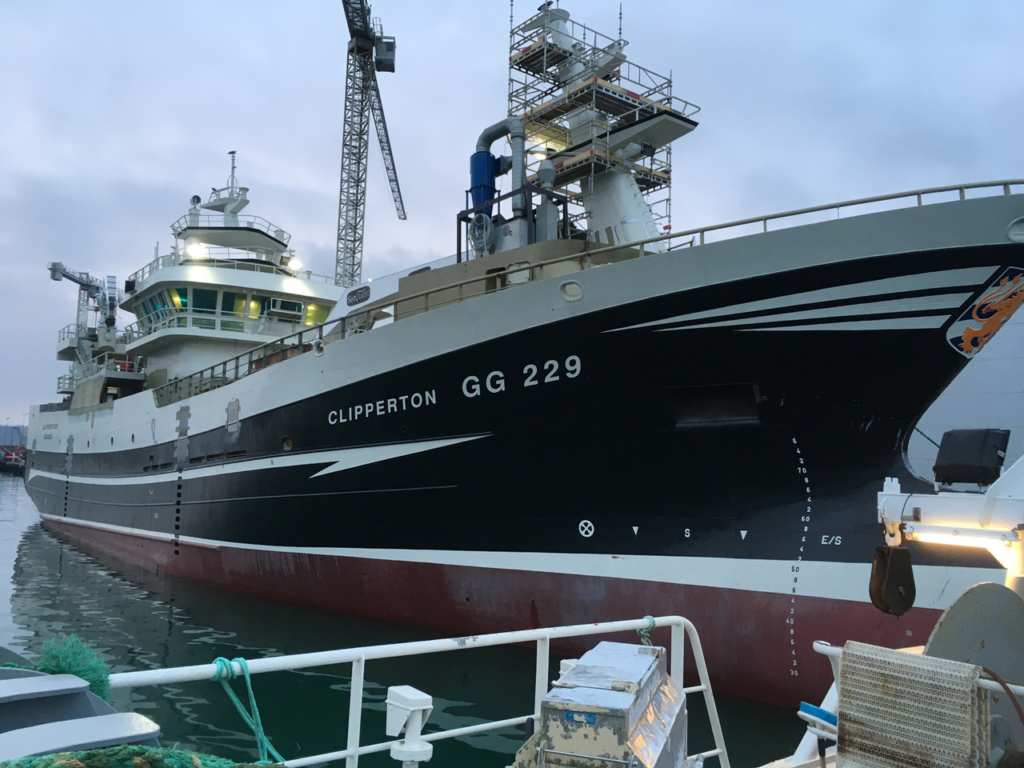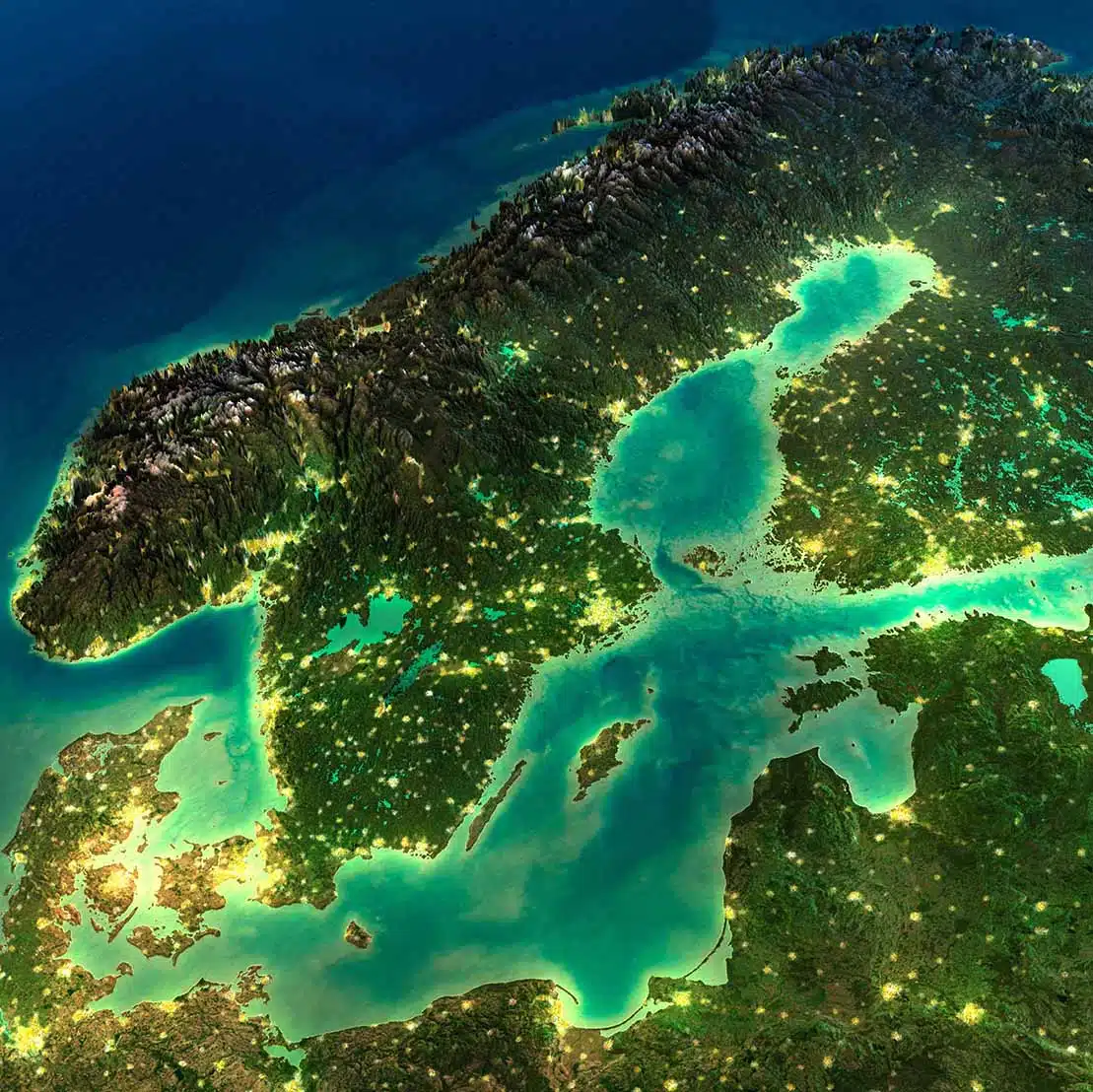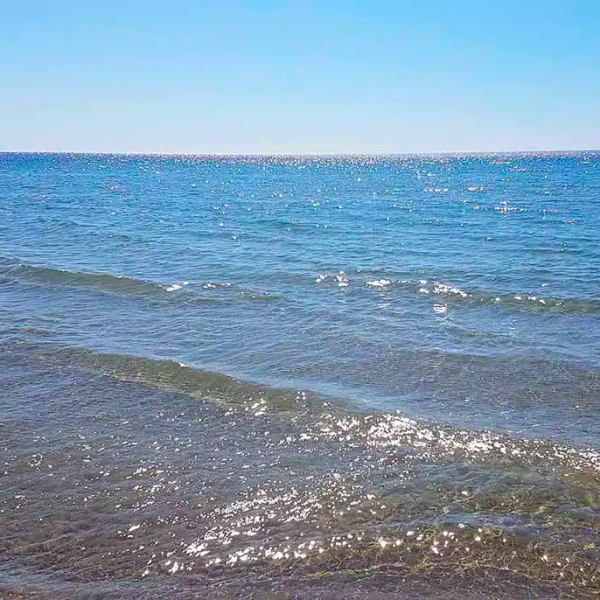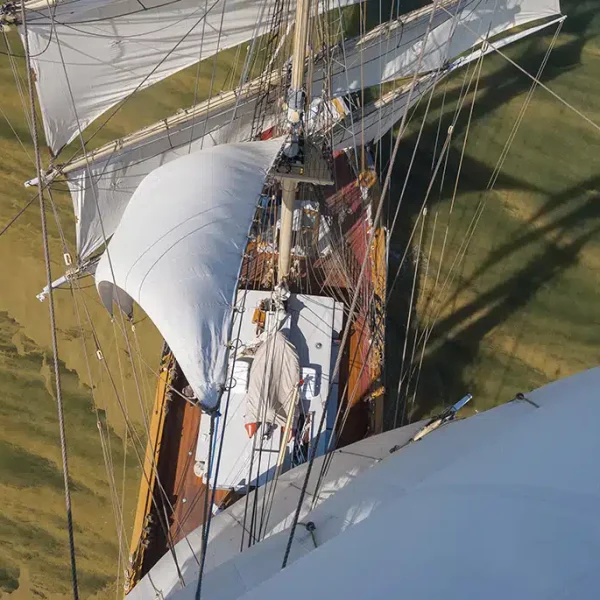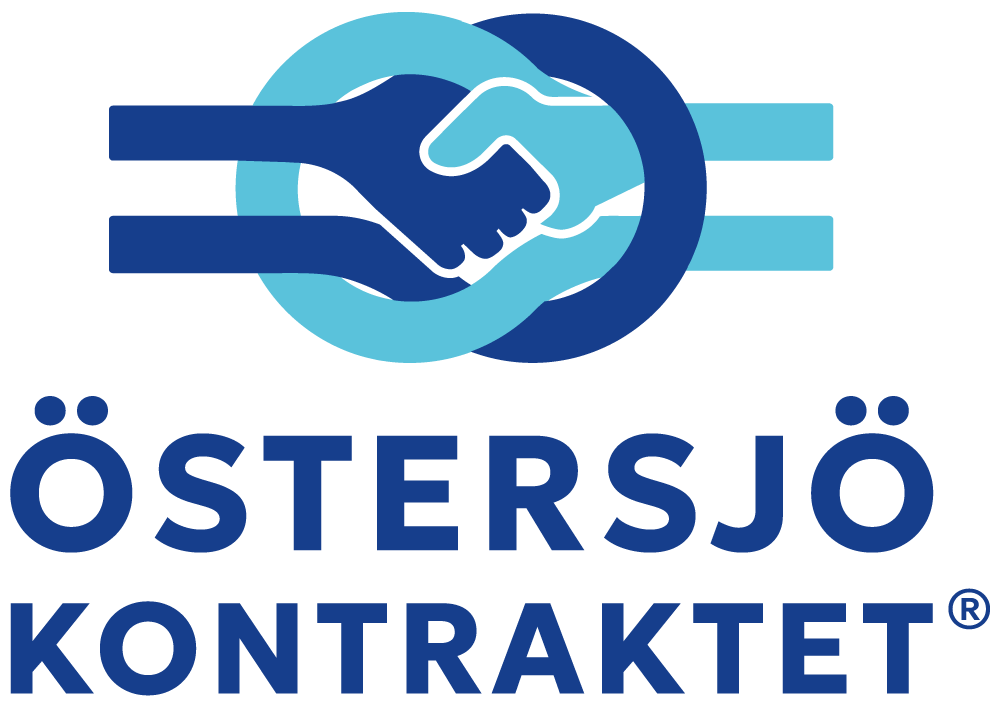EU Council of Ministers to decide on new fishing quotas on 22 October
Government calls for reduced fishing quotas for the Baltic Sea
Ahead of EU negotiations on fishing quotas in the Baltic Sea, the government wants a mandate to demand reduced herring fishing, to protect endangered stocks.
Scientists and opposition politicians want to go even further.
Extract from article October 4, 2024 published in DN:
The situation for herring in the Baltic Sea is very serious. This is the conclusion of the International Council for the Exploration of the Sea (ICES) in its latest review. For the past 30 years, the stock of herring in the central Baltic Sea has probably been below the level considered critical for a stock to survive in the long term.
Fishing pressure has also created an imbalance in the stock in the Gulf of Bothnia so that there is a lack of older and large fish, as DN has previously reported. This impairs the herring’s important function in the Baltic Sea ecosystem. To restore the balance would require a sharp reduction in fishing for at least 10-15 years, according to a recent working report from ICES.
This year, however, there are signs of a slight increase in herring in the central Baltic Sea. At the same time, the authors of the report warn that the assessments are based on optimistic estimates of growth, and that the risk of the stock remaining at too low a level in the coming years is 55% – even with no fishing at all.
Despite this, the European Commission recommends that the herring quota for the central Baltic Sea should increase by 108% next year.
ICES also warns that sprat has reproduced so poorly over the past three years that this stock is now also at risk of falling to such a low level that special conservation measures are needed. It is often caught together with herring and sprat and has long been considered very viable.
The final decision on fishing quotas will be taken in the EU Council of Ministers on October 22, where Sweden is represented by Minister for Rural Affairs Peter Kullgren (KD). At a meeting of the Riksdag Committee on Environment and Agriculture on Thursday, he presented the government’s proposed negotiating line in the EU.
– The government’s starting point is that quotas should not increase, but rather decrease. Therefore, the result of this negotiation should be that we at least end up below the Commission’s proposal. That’s what we’re aiming for,” Peter Kullgren told DN.
Determination and clearer requirements are called for
Emma Nohrén (MP), chair of the Environment and Agriculture Committee, believes that the government’s position has improved since last year. However, she calls for more determination and clearer demands for measures against large-scale trawling.
– More than 90% of all herring, herring and sprat are caught by trawlers and turned into fishmeal. Sweden should fight to stop this, to protect local coastal fisheries and our fragile inland sea,” said Emma Nohrén.
Too much risk has been taken
Excerpt from Stockholm University’s Baltic Breakfast on September 25:
“ICES advice is not recommendations” – fishing quotas should be set with regard to the environment
The forecast for next year’s fishing opportunities presented by the International Council for the Exploration of the Sea (ICES) ahead of the annual quota negotiations in the EU should not be seen as recommendations to politicians. This is emphasized by the Baltic Sea Centre’s policy analyst Charles Berkow, who participated in the latest Baltic Breakfast. Marine ecologist Agnes Karlsson emphasizes the importance of herring for the Baltic Sea ecosystem, and that a fishing ban is a grateful management measure.
Policy analyst Charles Berkow gets straight to the point in the opening of his presentation at the Baltic Breakfast:
– The management of fisheries in the Baltic Sea has failed. Stocks have been depleted. Too many risks have been taken, and the scientific evidence has been misinterpreted.
The decision-making process for commercial fishing in the Baltic Sea follows a fixed annual cycle: in May, the International Council for the Exploration of the Sea (ICES) presents its scientific evidence, in August the European Commission proposes quotas and other possible restrictions on next year’s fishing, and in October the Council of Ministers decides.
The scientific evidence from ICES is often presented as the scientists’ recommendation to politicians on where to set quotas.
– But it is not recommendations. It is an answer to certain questions posed by the European Commission,” says Charles Berkow.
Comment from the Baltic Sea Treaty Foundation: Action is needed!
In addition to reducing fishing quotas, the main thing that needs to be done is to stop industrial fishing, which involves large-scale trawling for the production of fishmeal. A fishery that accounts for over 90% of herring catches in the Swedish part of the Baltic Sea.
Instead of working on adjusting quotas, the precautionary principle should be applied.
Stopping large-scale industrial fishing would be one such precautionary measure.
On the other hand, the important coastal fishing needs to be stimulated in various ways. The fish caught there can become good food.
Strong political and other decisions and actions are needed to make the seas of the future swimmable, navigable, enjoyable and edible for generations to come!
The Baltic Sea Contract Foundation works actively to contribute to the development of the Baltic Sea environment towards a healthier sea. The work is done by many people around the Baltic Sea pledging to treat the sea well, which eventually has an impact. When many of us take responsibility, we have the opportunity to influence different actors and decision-makers to take major and important decisions and actions to create radical improvement on the key issues: Eutrophication-Large-scale industrial fishing-Toxins and chemicals.
Help give the Baltic Sea a hand!
Sign and share! – www.ostersjokontraktet.se!

